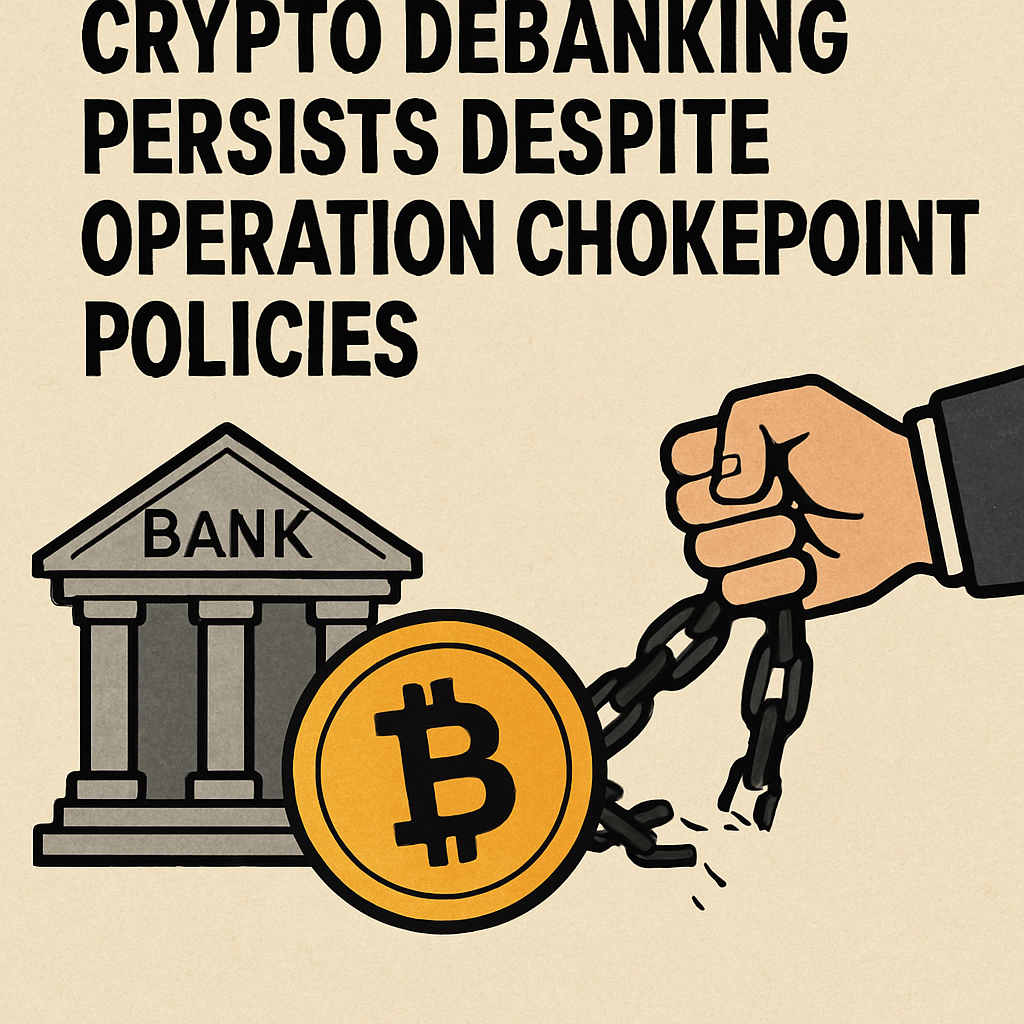Recent industry reports indicate that major U.S. banks are actively closing accounts and denying basic banking services to cryptocurrency firms under what insiders refer to as Operation Chokepoint 3.0. This wave of account closures has persisted even after political leaders pledged to remove barriers for digital asset businesses.
Executives from affected companies describe the debanking measures as arbitrary and unexplained, citing instances where institutions abruptly terminated relationships without warning. The lack of clear justification has left many crypto firms scrambling to find alternative banking partners capable of handling digital asset transactions.
De-risking initiatives trace back to earlier federal efforts aimed at enforcing anti–money laundering standards. However, critics argue that the application of these rules disproportionately targets crypto enterprises, forcing them into a precarious position where operational continuity is jeopardized.
Experts warn that continued debanking could stifle innovation, deter institutional investment and undermine the competitive position of the U.S. in the global digital finance landscape. Calls for regulatory clarity have grown louder, urging policymakers to issue safeguards that prevent financial institutions from indiscriminately severing crypto-related accounts.
As the debate intensifies, affected firms are exploring partnerships with fintech banks and seeking legislative remedies. Industry stakeholders stress the need for a balanced approach that addresses legitimate compliance concerns while ensuring that digital asset businesses have reliable access to banking services.
Absent decisive action, the ongoing debanking wave threatens to hamper growth and drive firms to jurisdictions with more permissive banking environments, ultimately diminishing the U.S.’s influence in the rapidly evolving global crypto economy.

Comments (0)